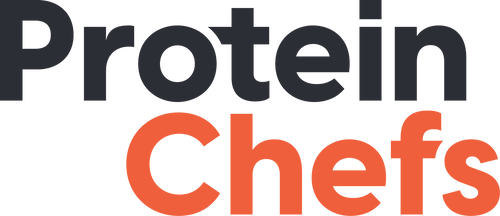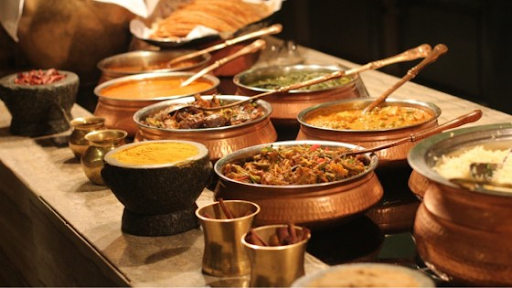An increasing number of people are embracing a plant-based diet. Many people are finally listening to their parents who told them to “eat their vegetables.” Science supports this shift. There are lots of health benefits to a plant-forward diet.
However, completely cutting out animal products doesn’t suit everyone’s body. Most vegetarians still eat eggs and dairy. Furthermore, dropping meat is inadvisable for people with certain medical conditions. People in this position may benefit from a pescetarian diet.
This article will tell you all about the pescetarian diet. We will discuss the pros and cons of pescetarian diet plans so you can make an informed decision about whether it’s right for you. We will also look at what food you might eat if you decide to embrace pescetarianism.
What is a Pescetarian Diet?
Pescetarianism is similar to a vegetarian diet. The big difference between the two is that pescetarians continue eating fish and seafood. Weight loss and heart disease prevention or control are two of the most popular reasons why people go pescetarian.
For some, fish and seafood are the only animal products in their diet. Others cut out other meats and select which other animal products remain. For a variety of reasons, someone may choose to be a:
- Lacto-pescetarian: who eats dairy, fish, and seafood, but not eggs.
- Ovo-pescetarian: who eats eggs, fish, and seafood, but not dairy.
- Lacto-ovo pescetarian: who eats eggs, dairy, fish, and seafood.
- Strict pescetarian: who eats fish and seafood, no dairy or eggs.
What do Pescetarians Eat?
Not every pescetarian eats eggs or dairy. However, no pescetarian eats terrestrial animals. Cutting out red meat while still eating poultry is not pescetarianism. Eating poultry but no other meat is called pollotarianism, which is a different diet plan altogether.
There are plenty of pescetarian diet recipes that include plants that will complement the fish’s nutrients and flavor. A pescetarian’s shopping list may include:
- White fish like cod, tilapia, or halibut.
- Oily fish like salmon, tuna, or anchovies.
- Shellfish like shrimp, lobster, or crab.
- Mollusks like clams, oysters, or mussels.
- Legumes like chickpeas, kidney beans, or black beans.
- Complimentary vegetables like broccoli, asparagus, and brussel sprouts.
- White or brown rice
- Nuts and seeds
- Bread and grains
- Fruit











